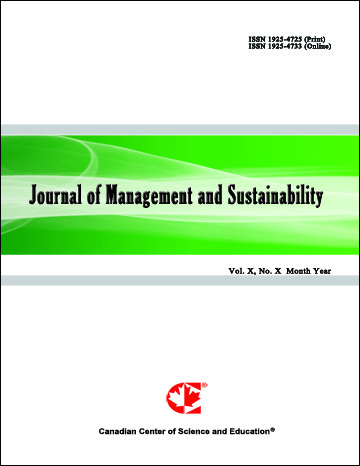Determinants of Capital Structure: Empirical Evidence from Turkey
- Merve Cevheroglu-Acar
Abstract
The primary aim of this study is to identify the firm-specific determinants of the capital structure of non-financial firms in Turkey and to test whether the determinants offered by financial theory are able to provide convincing explanations for non-financial firms in Turkey. Because the relationship between liquidity and capital structure is not well examined for Turkish market in the context of capital structure theories, we include liquidity as independent variable in our models in addition to profitability, growth, non-debt tax shields, size, tangibility, and risk. We use panel regression as econometric model and cover the period from 2009 to 2016. Our results show that profitability, non-debt tax shield, size, tangibility, and liquidity are significant determinants of the capital structure, size being the most robust one. On the other hand, growth and volatility are not significantly related with the leverage. Moreover, we conclude that capital structure decisions of non-financial firms in Turkey are mostly consistent with the hypothesis of pecking order theory rather than trade-off theory.
- Full Text:
 PDF
PDF
- DOI:10.5539/jms.v8n1p31
Journal Metrics
Google-based Impact Factor (2021): 1.54
h-index (July 2022): 37
i10-index (July 2022): 147
h5-index (2017-2021): 12
h5-median (2017-2021): 19
Index
- Academic Journals Database
- ANVUR (Italian National Agency for the Evaluation of Universities and Research Institutes)
- CAB Abstracts
- CNKI Scholar
- EconBiz
- Excellence in Research for Australia (ERA)
- GETIT@YALE (Yale University Library)
- Harvard Library
- HeinOnline
- Infotrieve
- JournalTOCs
- LOCKSS
- MIAR
- PKP Open Archives Harvester
- RePEc
- Scilit
- SHERPA/RoMEO
- Stanford Libraries
- UCR Library
Contact
- Evelyn XiaoEditorial Assistant
- jms@ccsenet.org
